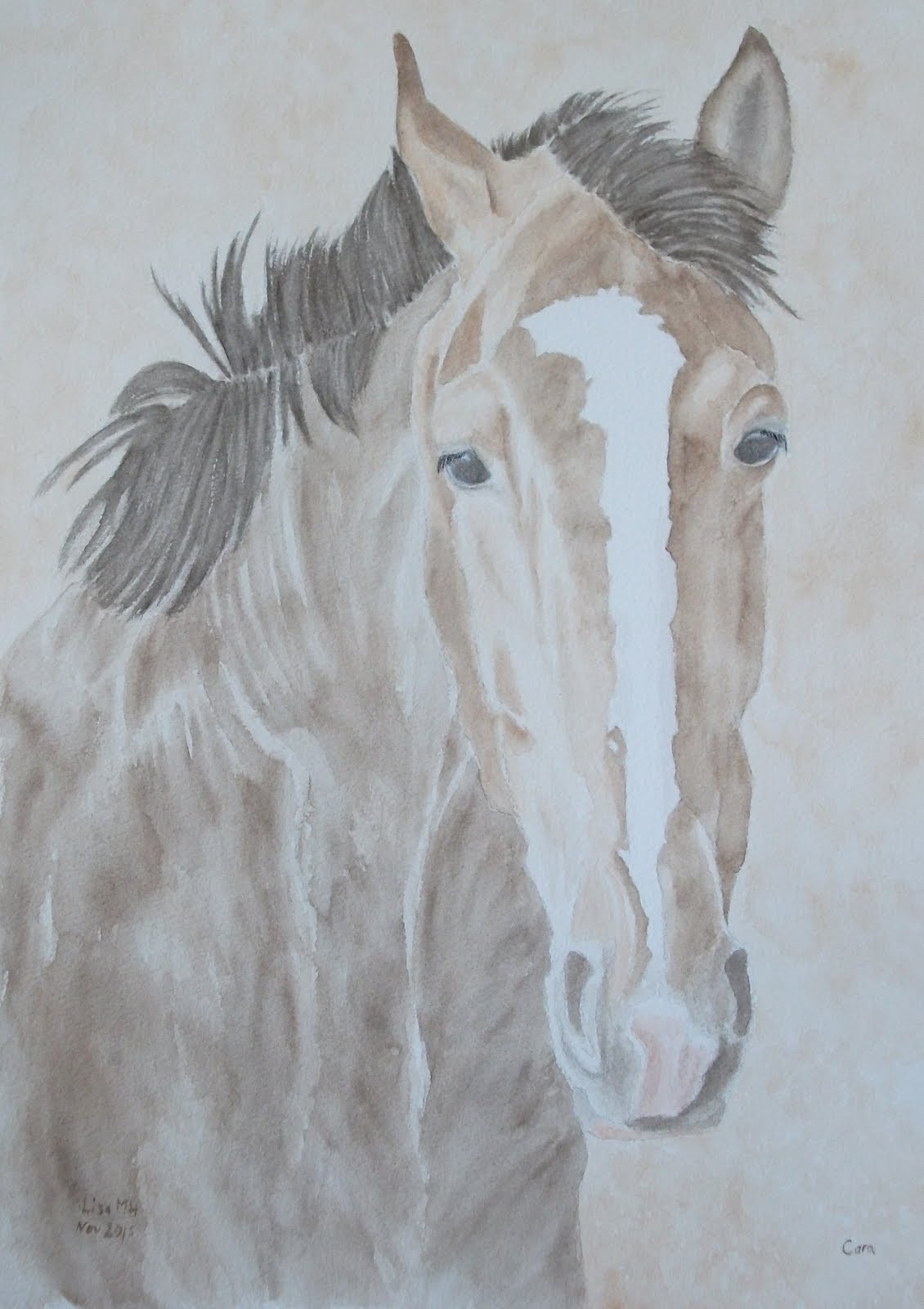BOOK - MOON OVER MANIFEST by Clare Vanderpool
‘I thought I knew a thing or two about people. Even had my list of universals. But I wondered. Maybe the world wasn’t made of universals that could be summed up in neat little packages. Maybe there were just people. People who were tired and hurt and lonely and kind in their own way and their own time.
Once again, I felt off balance, as if I was playing tug-of-war and the person I was tugging against let go.’
‘They talked of their common experiences of travelling to America on ships filled with immigrants, tears of emotion welling up as they recounted their first sightings of the Statue of Liberty, and the joy and fear of arriving at Ellis Island.
“I was so afraid I would be turned back,” said Mrs Cybulskis, wiping her brow with the back of her hand. “The way they examined everyone for disease and malady.” The women nodded in agreement. They had all experienced the fear of being labelled unfit to enter America. A simple chalk mark drawn by the medical examiner on one’s clothes could have a person barred from entering his newly adopted country. An E for eye problems, an L for lameness, an H for heart problems. They would have to board another boat and go back to wherever they’d come from no matter how long a journey they had just travelled.’
My experience with buying and reading recently published children’s books has been a bit hit and miss - I prefer older books, which I have found are generally (though not always) much better written. But occasionally I’ve stumbled upon some good newer ones, this being one of those.
I really loved this book, and it made me cry (though that isn’t to say that it is one of those awful, gloomy books, designed to manipulate your emotions - I read one of those a few months back, and I was so angry with it I gave it away: I couldn’t bear to have it in my home, it pissed me off so much). It’s bitter-sweet, and so beautiful.
As you can see from the second quote above, it is also extremely relevant to what is going on in the world today, with the “immigrant crisis”. And yet the book, published in 2010, switches between a dual timeline of 1917/18, and 1936, and is describing how immigrants were treated back when they were fleeing Europe and the devastation of the First World War.
So nothing much has changed, then. Immigrants are still as unwelcome as they’ve always been, it seems. And yet the irony in this is the fact that most of us are either immigrants, or the descendants of immigrants (whether in the recent or long distant past), but so many people don’t realise, or choose to forget, that fact. No matter how you try to look at it, “All is One” and, therefore, we are all part of the whole.
Peace to all. Namaste.



















